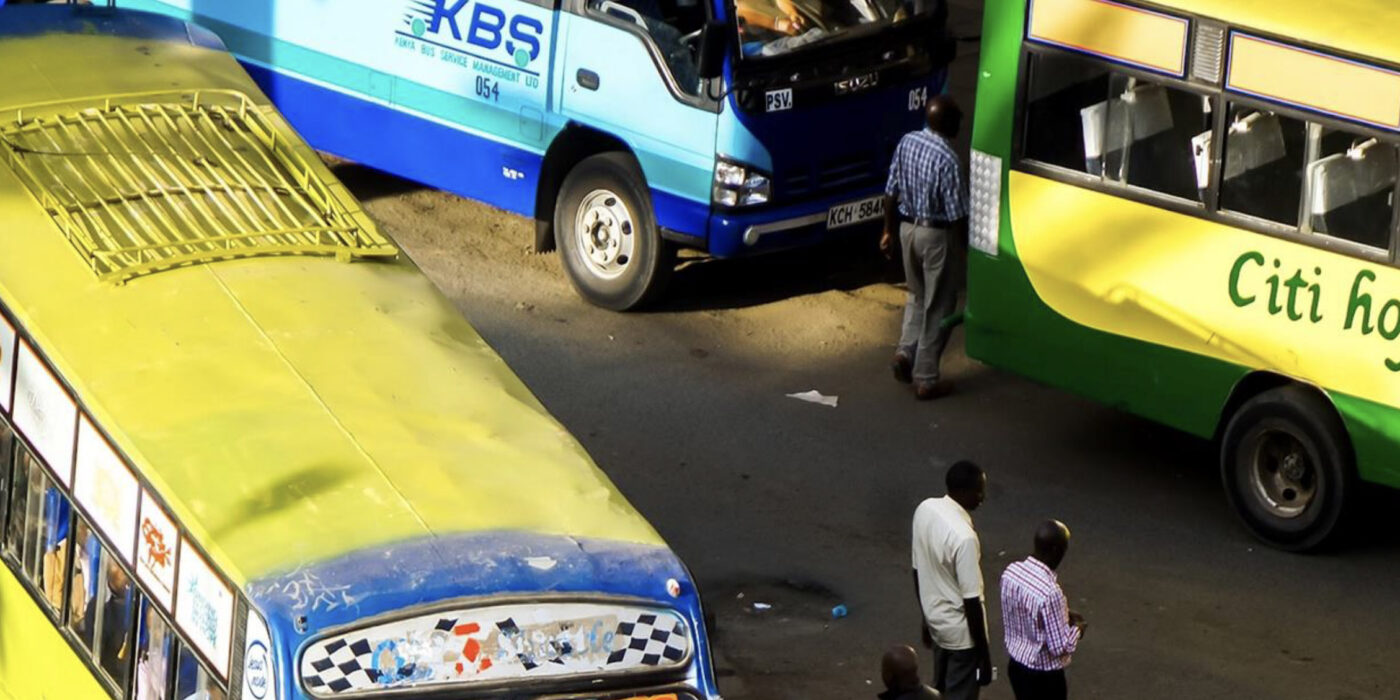
Objective
The study aimed to provide evidence-based recommendations for policymakers in Africa in responding to future waves of COVID-19 and recovery measures.
COVID-19 Challenge
The COVID-19 pandemic has altered many aspects of our lives. Facing this unprecedented situation, public authorities and transport operators have quickly implemented creative, sometimes bold, measures. These measures have had an impact on the transport and mobility of people and goods but little or no research has been done to document and assess the situation in Africa.
Approach
In partnership with the International Road Federation (IRF), a desk review was conducted. To identify key documents relevant to policy and guidelines, a matrix was applied to scan material and to compile a list of relevant documents, sources and databases. These materials were reviewed to inform the background and preliminary analysis of the COVID-19 response on the African continent and impact on transport and mobility of people and goods.
Key informants were interviewed in Cameroon, Kenya, Morocco, Mozambique, Senegal, Tanzania and Uganda using a questionnaire. Focus groups discussions were organised on transport-related restrictions and challenges, and measures adopted to mitigate COVID-19 impacts on transport and mobility. This provided the basis for recommendations on economic, social and environmental actions to support sustainable mobility that encourages public transport, active mobility and equitable access.
Community Focus Group Discussions
The study included civil society and grassroots community perspectives in assessing the impact of transport-related COVID-19 measures on community access to transport services and mobility. Attention was given to physical distancing and capacity restrictions in public transport (formal and informal).
Outcome
Two webinars were conducted through IRF and Global Alliance communication channels: one focused on the study methodology and findings; and the other on advocacy and on collaborating with governments and key transport stakeholders. Both webinars were aimed at civil society and other key stakeholders.”¯In addition,”¯the webinars and the report are available as an online tool on the”¯global Transport Knowledge Practice (gTKP) and”¯the findings have been disseminated through”¯gTKP”¯network to low and medium income countries.
Evidence-based recommendations have been made for policymakers in Africa in defining responses to potential future waves of COVID-19 and recovery measures. The study report will be presented to authorities to inform and to promote in-country and regional collaboration. Civil society participated because of their essential role in promoting community buy-in and acceptance for policies. The presentation was conducted online, and the gTKP platform contributed to dialogue and collaboration between government authorities and civil society.
